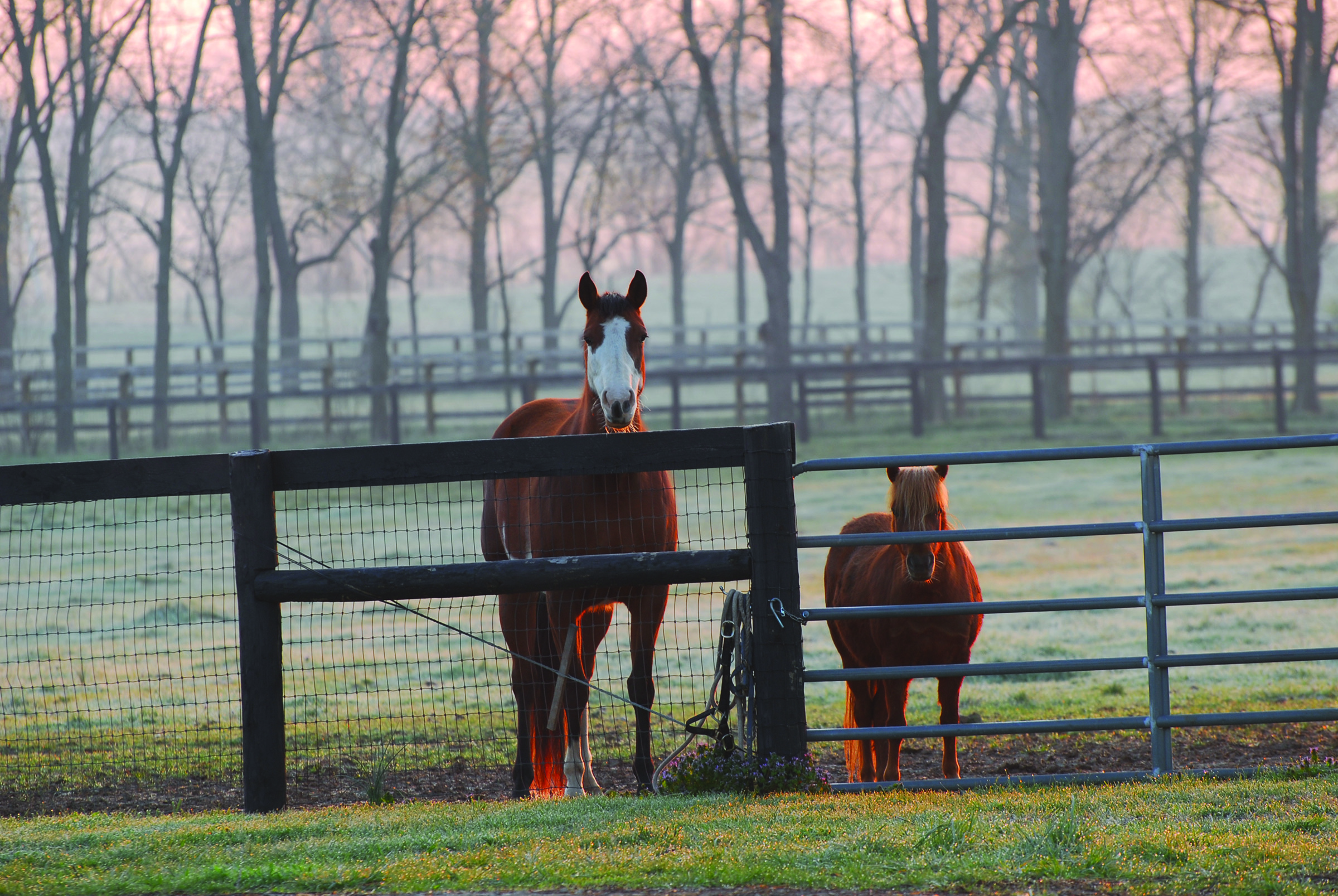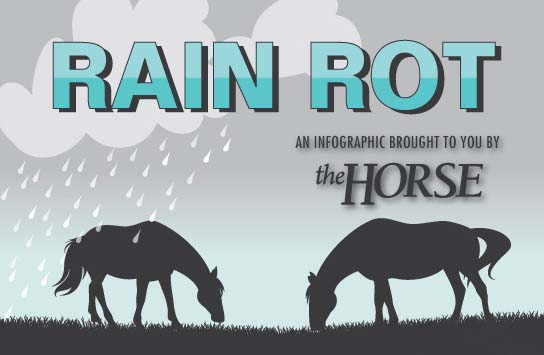Tips From Pony Club Pros
-
The Quality of the Gaits
An excerpt from Jane Savoie’s new book, "Dressage Between the Jumps," fills the rider's toolbox with targeted exercises on the flat.
-
Tips for Applying Pony Club to the Common Application
Pony Club teaches study skills, time management and leadership abilities—here's how to include that experience on your college applications.
-
Winter is Coming: Is Your Feeding Program Ready?
As cool weather approaches, now is the time to start thinking about the changes you may need to make to your horse’s feeding program.
-
Fall Grooming Fixes
As the crisp fall weather arrives, our horses present us with some unique grooming challenges.
-
TheHorse.com presents: Staying Sane on Stall Rest
Certain equine injuries and illnesses—such as tendon and ligament strains, bone fractures, and laminitis, to name just a few—typically benefit from stall rest as they heal. This comes with its own set of challenges: digestive upset from diet and routine changes, gastric ulcers from stress and feeding schedules, and respiratory issues from dusty bedding or hay, to name a few. The good news? There are steps you can take to combat these potential problems. Learn how to keep horses happy and healthy while on stall rest in our step-by-step visual guide. Click on the image to follow the link!
-
TheHorse.com presents: Rain Rot
Rain rot is a bacterial skin disease that causes hair loss and leaves horses with large patches of raw, irritated skin. It’s also highly contagious and can spread from horse to horse via direct contact, grooming tools, tack, and even on our hands. Often, the initial lesions develop along the rump, lower limbs, face, muzzle, withers, and in the saddle region. In their early stages, they often appear as raised tufts of hair with crusts, and they typically progress to larger, more widespread crusty, scaly, and painful lesions. Find out how to diagnose and treat existing cases and prevent future cases in TheHorse.com’s step-by-step visual guide—>
-
Merck Animal Health; EPM: The Master of Disguise
Equine protozoal myeloencephalitis (EPM) is often referred to as the “master of disguise” because it can look like many other neurological diseases or even obscure lameness. This is why it is critical to have your veterinarian conduct a thorough physical and neurological exam and appropriate diagnostic work up to confirm EPM. Treating without a diagnosis can be frustrating. If you’re concerned about EPM, talk to your veterinarian and keep the following risk factors in mind: • Mature horses are more commonly affected than very young horses • There is a higher incidence among horses used for racing, western performance and other strenuous activities • Events such as long-distance transportation, concurrent…
-
Merck Animal Health; Time for Fall Vaccinations
Vaccination may be the furthest thing from your mind this fall, but the rigors of travel, training and performance may be taking a toll on your horse, lowering his ability to fend off illness. Performance horses traveling and in contact with many different horses and environments will likely need fall booster vaccinations. These vaccinations are administered to help prevent highly contagious diseases such as equine influenza virus and equine herpesvirus. Late summer and fall is also prime mosquito season, which means an increased risk of our horses contracting serious and often fatal diseases like Eastern and Western Equine Encephalomyelitis (EEE, WEE), and West Nile virus (WNV), which are transmitted by…
-
Merck Animal Health; Do I need to Deworm in the Summer?
It depends. While summer is generally not a peak parasite transmission time in many parts of the country, some horses may require a more aggressive schedule that includes deworming during the summer. The key is to work with your veterinarian to conduct fecal tests to determine your horse’s shedding status (how much and of which parasites he is shedding), then customize the deworming protocol. Low egg shedders typically require only two dewormings a year, whereas high shedders may require up to six treatments. General deworming tips to keep in mind: – Most deworming treatments should be administered during periods of parasite transmission and not during cold winters or hot, dry…
-
The Pre-Purchase Exam- A Primer
Are you buying a horse? Have you ever wondered what goes in to a Pre-Purchase exam (PPE)? We took another opinion poll to get ideas for what horsemen and women, trainers, vets, Pony Club parents and leaders all view as important about their Pre-Purchase exam do’s and don’ts. As with anything equine care related there were a lot of opinions on must have’s and really should nots. The general consensus was mostly the same; if you are a professional looking for an upper level prospect or a training prospect you would probably do a more thorough exam. If you are an amateur or just want a good riding horse, the…






